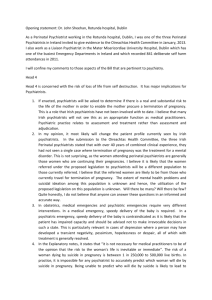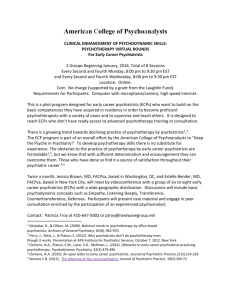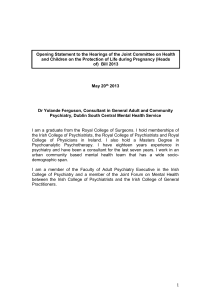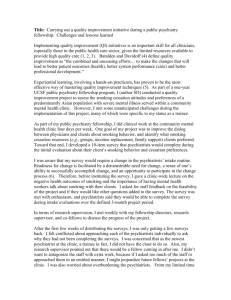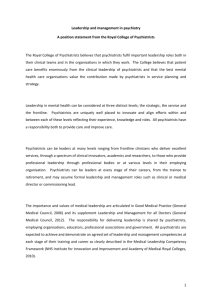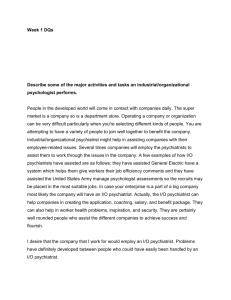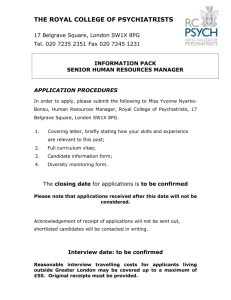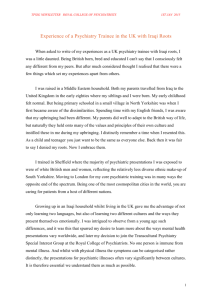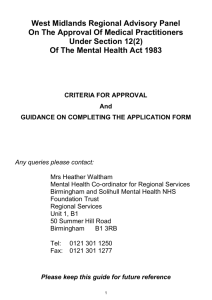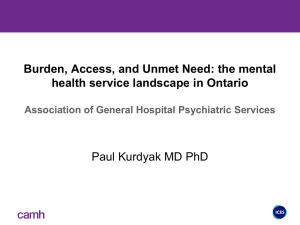Psychiatrists Code of Ethics
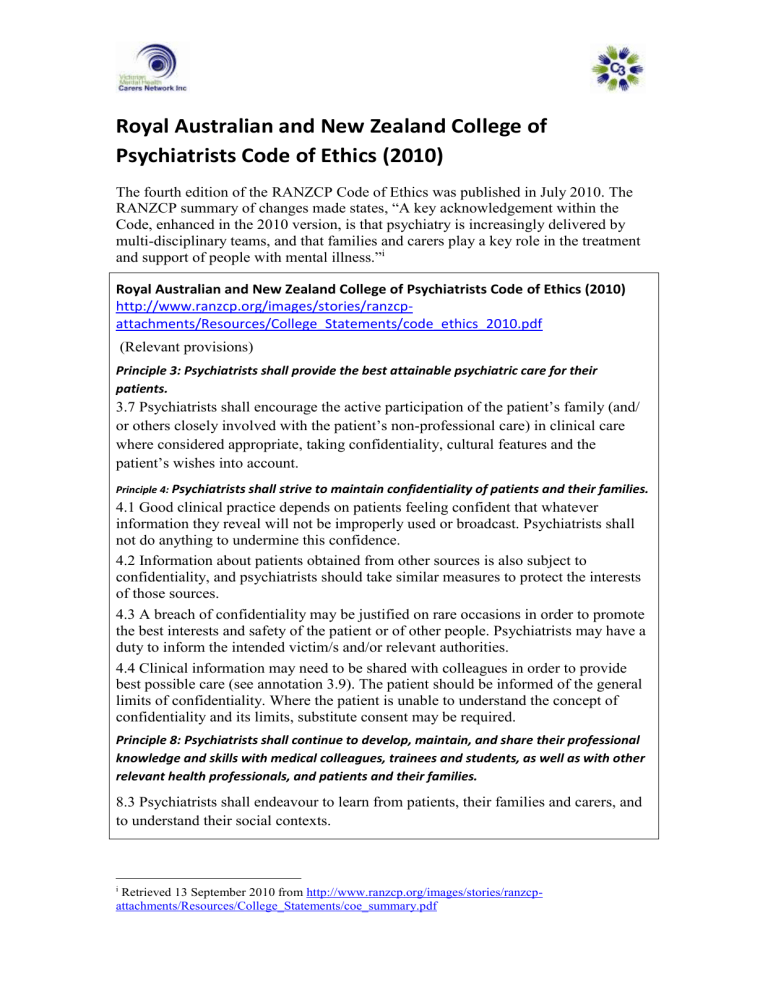
Royal Australian and New Zealand College of
Psychiatrists Code of Ethics (2010)
The fourth edition of the RANZCP Code of Ethics was published in July 2010. The
RANZCP summary of changes made states, “A key acknowledgement within the
Code, enhanced in the 2010 version, is that psychiatry is increasingly delivered by multi-disciplinary teams, and that families and carers play a key role in the treatment and support of people with mental illness.” i
Royal Australian and New Zealand College of Psychiatrists Code of Ethics (2010) http://www.ranzcp.org/images/stories/ranzcpattachments/Resources/College_Statements/code_ethics_2010.pdf
(Relevant provisions)
Principle 3: Psychiatrists shall provide the best attainable psychiatric care for their
patients.
3.7 Psychiatrists shall encourage the active participation of the patient’s family (and/ or others closely involved with the patient’s non-professional care) in clinical care where considered appropriate, taking confidentiality, cultural features and the patient’s wishes into account.
Principle 4: Psychiatrists shall strive to maintain confidentiality of patients and their families.
4.1 Good clinical practice depends on patients feeling confident that whatever information they reveal will not be improperly used or broadcast. Psychiatrists shall not do anything to undermine this confidence.
4.2 Information about patients obtained from other sources is also subject to confidentiality, and psychiatrists should take similar measures to protect the interests of those sources.
4.3 A breach of confidentiality may be justified on rare occasions in order to promote the best interests and safety of the patient or of other people. Psychiatrists may have a duty to inform the intended victim/s and/or relevant authorities.
4.4 Clinical information may need to be shared with colleagues in order to provide best possible care (see annotation 3.9). The patient should be informed of the general limits of confidentiality. Where the patient is unable to understand the concept of confidentiality and its limits, substitute consent may be required.
Principle 8: Psychiatrists shall continue to develop, maintain, and share their professional knowledge and skills with medical colleagues, trainees and students, as well as with other relevant health professionals, and patients and their families.
8.3 Psychiatrists shall endeavour to learn from patients, their families and carers, and to understand their social contexts.
i Retrieved 13 September 2010 from http://www.ranzcp.org/images/stories/ranzcpattachments/Resources/College_Statements/coe_summary.pdf
